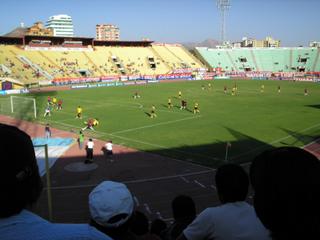It has been suggested that I am either not doing any work, or that I fail to mention it on my blog. The former is definitely not the case, though there are rather a lot of Bank Holidays out here, and combined with the odd medical problem, it is true that I have rarely put in a full week.
Tecnologias en Desarrollo´s main work focuses on the installation of biogas systems and bathrooms in rural communities in the Cochabamba region (more information in previous postings for
April and
August). We are also experimenting with other technology such as wind power, simple reed technology to reduce water contamination and linking bicycles up to car batteries to generate enough electricity to power lights, a radio or black and white television.
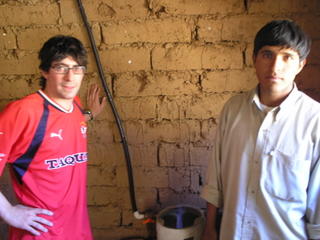
While conditions and quality of life in the city is relatively good (i.e. there is access to basic services and if you have money, life is not so different from what we know), the contrast with the countryside is more than substantial (as they say here “no tiene nada que ver”): families´ income rarely exceeds £30 a month, only 15% have electricity, there is no access to mains gas, toilets are holes in the ground and the impact of human and animal waste on the environment is very evident. Almost without exception, the families are indigeneous Quechua speakers (Spanish being their second language, though not everyone speaks it) and it is a bit of a challenge for me to get to know people, they consider my boss an outsider, no matter a strange foreign chap with a big sombrero, water bottle and Factor 50 sun block.
The projects are very good and really address a need. I have no doubt that the work of the charity, while small-scale, has a significant impact on a social, economic and environmental level, the work we do, while small scale can have a substantial impact. I am therefore sufficiently impressed and happy to commit myself to staying here at least until February as I believe in the work, it is a productive use of my time and good learning experience.
My time is meant to be split evenly between our office and working in the countryside. My recent medical problems have meant that I have been doing much more of the former, which is good for research and preparing fundraising applications, though it is less interesting than the hands on work in the countryside. I love the physical work and am learning a whole new vocabularly (wire, pliers, nuts and bolts, saw etc.), it is quite a change for an office boy, and I might even get a few more muscles!
The work is not without its challenges. The hardest thing is that we are so small in terms of personal (four including me and Pedro in photo), and really everything revolves around one person, Oliver, the director. He is not surprisingly cautious about telling me everything which does not surprise me - different culture, ways of working, local issues not encountered back home – and combined with Oliver´s reluctance to commit anything to paper, it makes fundrasing much harder as I am not yet in a position to answer all the questions of a potential funder. I am optimistic with time that we will resolve these teething problems and for once (!) I am being extremely patient.
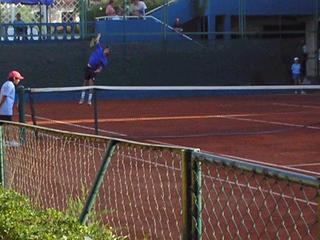



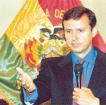


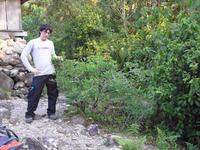
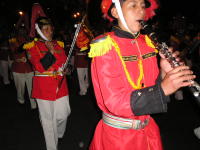

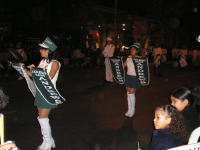
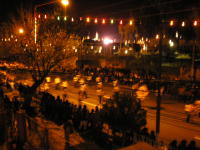


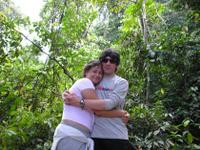

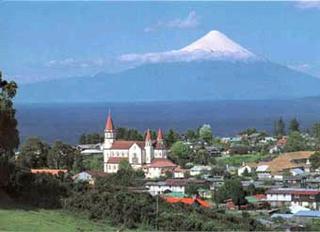



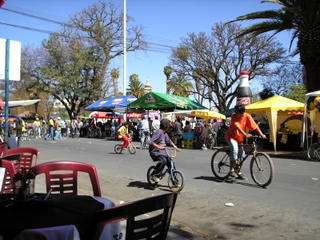 In general I do not recommend cycling as a mode of transport here. I do not have the courage to venture out on a bike in the city, it is not so much that drivers do not obey traffic rules, more that there aren`t any rules. I have already witnessed the aftermath of three accidents in 6 weeks. Maybe we can copy Bolivia`s example and close off the streets of central London for a day, though I can`t see it happening. Bolivia is more advanced in some things.
In general I do not recommend cycling as a mode of transport here. I do not have the courage to venture out on a bike in the city, it is not so much that drivers do not obey traffic rules, more that there aren`t any rules. I have already witnessed the aftermath of three accidents in 6 weeks. Maybe we can copy Bolivia`s example and close off the streets of central London for a day, though I can`t see it happening. Bolivia is more advanced in some things.

